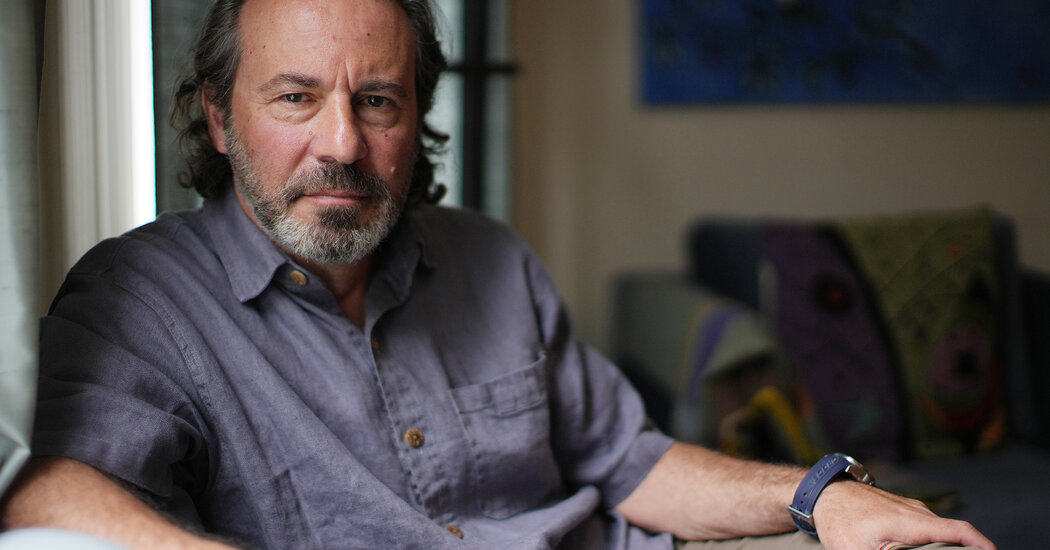In “Telltale Hearts,” a new memoir, Dr. Dean-David Schillinger traces the links between narrative and well-being.
One of the riveting tales in “Telltale Hearts,” a new memoir, is about the author’s great-uncle Aladar, a Hungarian Jew who was drafted to fight the Russians in 1916 and spent months in trenches, shooting and getting shot at, and waiting.
Russian troops launched an offensive that fall that overwhelmed the Austro-Hungarian soldiers. At one point, Aladar found himself on his back, staring up at a massive Russian soldier who was about to plunge a bayonet into his chest.
The two locked eyes, and the Russian looked at Aladar as if he knew him from somewhere.
“Are you a Jew?” he asked. Aladar didn’t answer, so the Russian asked again. In Yiddish.
This time, Aladar nodded, and the Russian looked around, winked, pulled him out of the trench, hugged and kissed him, and said he would take Aladar prisoner and keep him safe until the war ended. And he did.
What’s this war story doing in a book about a safety net hospital that treats poor patients in San Francisco? For the author, Dr. Dean-David Schillinger, the moment of recognition, of seeing oneself in another, is a critical part of doctoring.
One of the chief complaints about physicians these days is that they don’t have enough time and they don’t really listen. So Dr. Schillinger, a primary care physician at Zuckerberg San Francisco General Hospital and Trauma Center, has written a book about the importance of patients’ stories. He writes of the power of narrative to build trust that cuts through the barriers that often separate doctors and patients to ultimately improve care.
